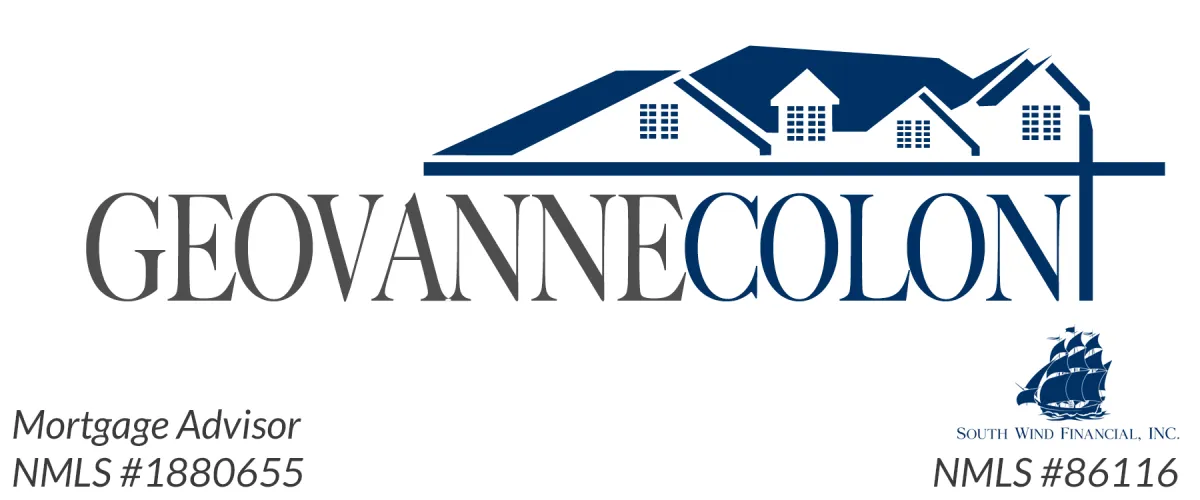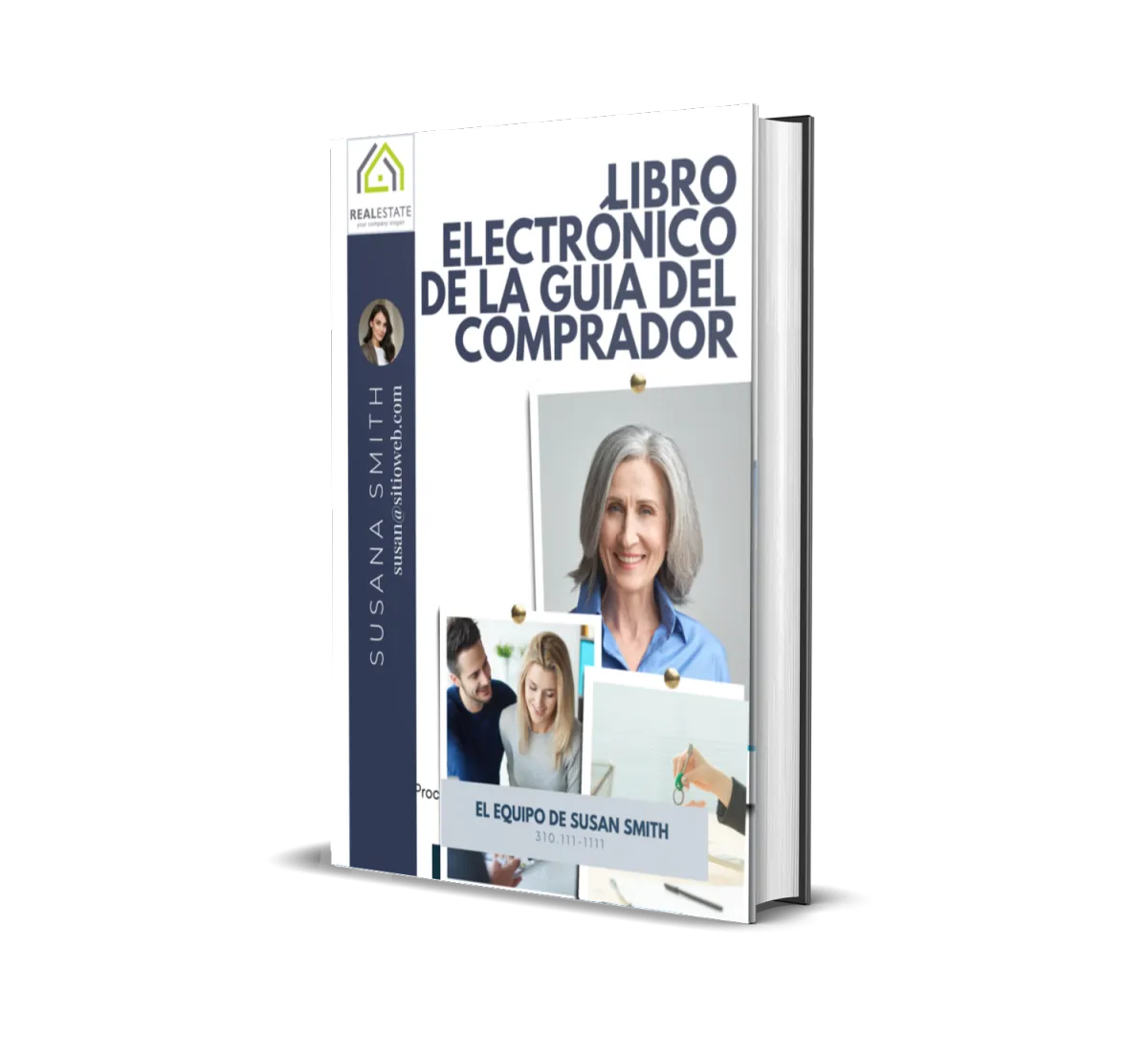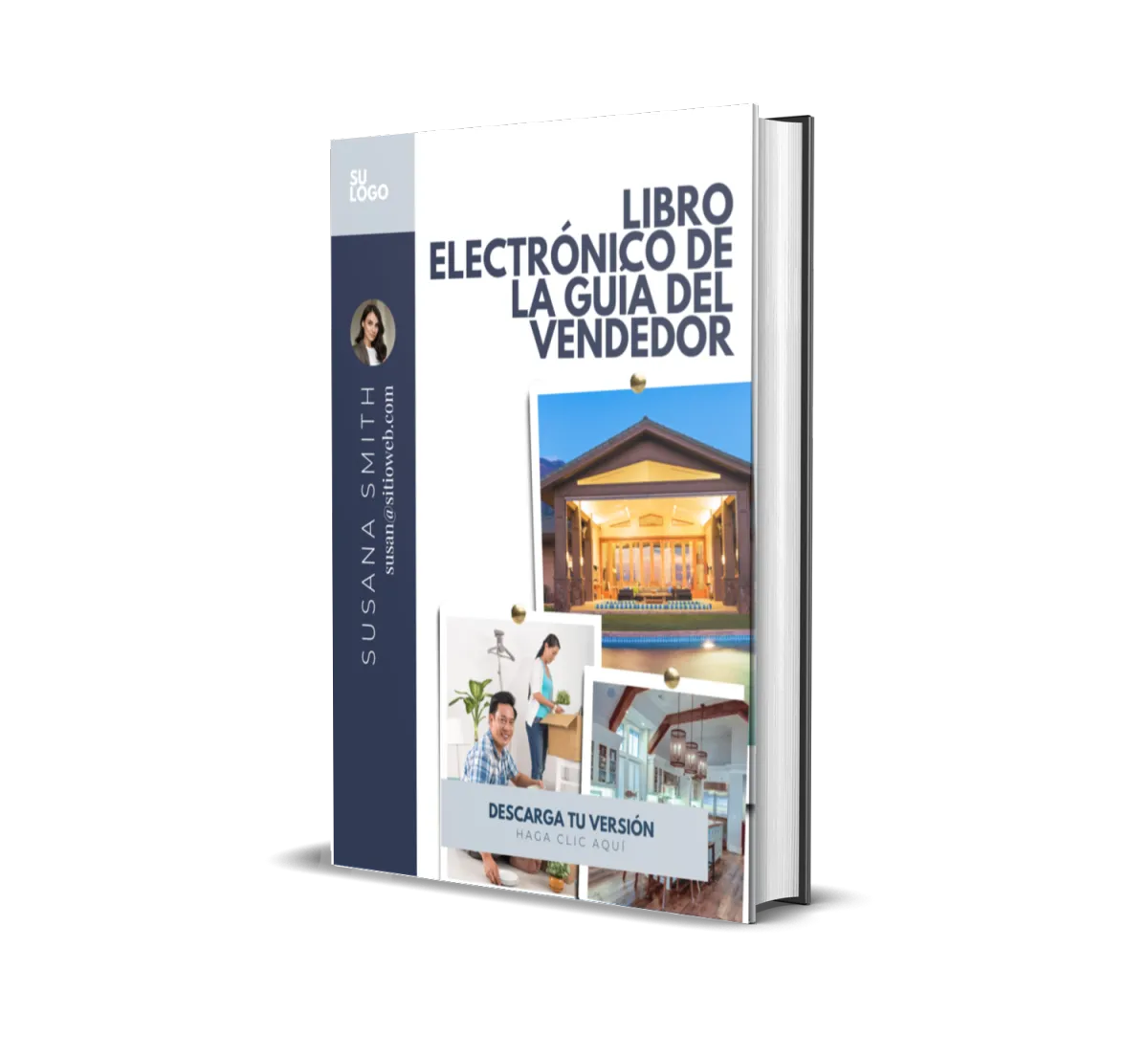617-821-1757

Looking For FHA Loans?
Apply today for the mortgage
that’s right for you.
Unlock Low Rates with Ease
Discover how Geovanne Colon simplifies the mortgage qualification process for you.
Apply today for the mortgage
that’s right for you.
Unlock Low Rates with Ease
Discover how Geovanne Colon simplifies the mortgage qualification process for you.
Low Rate.
Zero Hassles.
Get a free quote
Low Rate.
Zero Hassles.
Get a free quote
Feel Overwhelmed by Mortgage Choices? I Understand.

Feeling Lost in a Sea of Mortgage Options? Finding the right mortgage can be a daunting task. With an overwhelming array of rates, terms, and lenders, it's easy to feel lost and uncertain. Are you worried about high interest rates, hidden fees, or choosing a mortgage that doesn't fit your long-term goals?
Why Choose Us?
Ready to Start?
Your perfect home won't wait forever, and neither should you. Begin your journey today with a loan officer that puts you first. By choosing us, you're not just getting a loan – you're gaining a lifelong partner in all your mortgage endeavors.
Start your no-obligation consultation now and join the myriad of satisfied homeowners who have unlocked the doors to their future with ease and confidence. Dive into our world of simplified lending, and let's turn your homeownership dreams into reality.
Welcome Home!
Loan Programs We Help With
Seamless Solutions, Limitless Possibilities
Residential Mortgage Programs
1. FHA Loans
Federal Housing Administration (FHA) Loans
• Suitable for first-time homebuyers
• Low down payment options (as low as 3.5%)
• Requires mortgage insurance
• Lenient credit scores accepted
• 203K Renovation Loans Available
2. Conventional Loans
Conventional Mortgage Loans
• Preferred by borrowers with stronger credit
• Down payments as low as 3%
• Available in fixed or adjustable rates
• No government insurance premiums
• HomeStyle Renovation Loan Available
3. USDA Loans
US Department of Agriculture (USDA) Loans
• Ideal for eligible rural and suburban homebuyers
• Zero down payment
• Low insurance costs
• Income and geographic restrictions apply
4. VA Loans
Veterans Affairs (VA) Mortgage Loans
• Exclusively for veterans, active-duty service members, and eligible spouses
• No down payment required
• No mortgage insurance needed
• Competitive interest rates
A. ITIN - No Social Security Loans
• For borrowers with an Individual Tax Identification Number
• Lacks Social Security number
B. 1099 Loans
• Designed for independent contractors or self-employed individuals
• Based on the 1099 tax form income
C. VOE Only
• Verification of employment as the primary source of income validation
D. Asset Depletion
• Utilizes borrower's liquid assets for qualification purposes
E. Bank Statement Loans
• Income based on bank statements, suitable for self-employed borrowers
F. DSCR - Investor No Income Verification
• For real estate investors, using property cash flow as a qualification metric
Non-Qualified Mortgage (Non-QM) Loans
Loan Programs We Help With
Seamless Solutions, Limitless Possibilities
Residential Mortgage Programs
1. FHA Loans
Federal Housing Administration (FHA) Loans
• Suitable for first-time homebuyers
• Low down payment options (as low as 3.5%)
• Requires mortgage insurance
• Lenient credit scores accepted
2. Conventional Loans
Conventional Mortgage Loans
• Preferred by borrowers with stronger credit
• Down payments as low as 3%
• Available in fixed or adjustable rates
• No government insurance premiums
3. USDA Loans
US Department of Agriculture (USDA) Loans
• Ideal for eligible rural and suburban homebuyers
• Zero down payment
• Low insurance costs
• Income and geographic restrictions apply
4. VA Loans
Veterans Affairs (VA) Loans
• Exclusively for veterans, active-duty service members, and eligible spouses
• No down payment required
• No mortgage insurance needed
• Competitive interest rates
Non-Qualified Mortgage (Non-QM) Loans
A. ITIN - No Social Security Loans
• For borrowers with an Individual Tax Identification Number
• Lacks Social Security number
B. 1099 Loans
• Designed for independent contractors or self-employed individuals
• Based on the 1099 tax form income
C. VOE Only
• Verification of employment as the primary source of income validation
D. Asset Depletion
• Utilizes borrower's liquid assets for qualification purposes
E. Bank Statement Loans
• Income based on bank statements, suitable for self-employed borrowers
F. DSCR - Investor No Income Verification
• For real estate investors, using property cash flow as a qualification metric
More Loan Programs
Foreign National Loans
• Tailored for non-U.S. citizens looking to buy investment or vacation properties in the U.S.
• May require larger down payments and proof of foreign income.
Jumbo Loans
• Exceed the loan limits set by the FHFA for conventional mortgages.
• Requires non-traditional underwriting to accommodate the larger loan amount.
Real Estate Investor Loans
• Customized loans for experienced real estate investors.
• Can include options for multiple properties under a single loan (blanket loans).
Non-Warrantable Condo Loans
• For condos that do not meet specific requirements by Fannie Mae or Freddie Mac.
• Necessary for financing condos in buildings with more owner-occupied spaces or litigation issues.
Credit Event Loans
• Available to borrowers with significant derogatory credit events, such as bankruptcy or foreclosure.
• Typically requires a higher down payment or additional reserves.
Hard Money/Private Lending
•For immediate or short-term financing needs
• Higher-cost, short-term loans
• Asset-based lending criteria
• Terms typically around 12 months
Fix and Flips
• Loans crafted for renovating and flipping properties
Commercial Loans
•Tailored for businesses to purchase or refinance commercial property
• Offering solutions for office buildings, retail spaces, and industrial properties
• Custom terms to align with business strategies
New Construction
• Financing for ground-up construction projects
Small Business Administration (SBA) Loans
• Federally backed to help start or grow a business
• Lower down payments
• Longer repayment terms
• Focused on small businesses
Bridge Loans
• Short-term loans to bridge the gap during transitional periods
Down Payment Assistance Programs
• Provides prospective homebuyers with loans or grants that they can use toward the down payment for a house.
• Most down payment assistance programs are designed for first-time homebuyers and offered by various institutions, such as government, non-profits, or lenders.
More Loan Programs
Foreign National Loans
• Tailored for non-U.S. citizens looking to buy investment or vacation properties in the U.S.
• May require larger down payments and proof of foreign income.
Jumbo Loans
• Exceed the loan limits set by the FHFA for conventional mortgages.
• Requires non-traditional underwriting to accommodate the larger loan amount.
Real Estate Investor Loans
• Customized loans for experienced real estate investors.
• Can include options for multiple properties under a single loan (blanket loans).
Non-Warrantable Condo Loans
• For condos that do not meet specific requirements by Fannie Mae or Freddie Mac.
• Necessary for financing condos in buildings with more owner-occupied spaces or litigation issues.
Credit Event Loans
• Available to borrowers with significant derogatory credit events, such as bankruptcy or foreclosure.
• Typically requires a higher down payment or additional reserves.
Hard Money/Private Lending
•For immediate or short-term financing needs
• Higher-cost, short-term loans
• Asset-based lending criteria
• Terms typically around 12 months
Fix and Flips
• Loans crafted for renovating and flipping properties
Commercial Loans
•Tailored for businesses to purchase or refinance commercial property
• Offering solutions for office buildings, retail spaces, and industrial properties
• Custom terms to align with business strategies
New Construction
• Financing for ground-up construction projects
Small Business Administration (SBA) Loans
• Federally backed to help start or grow a business
• Lower down payments
• Longer repayment terms
• Focused on small businesses
Bridge Loans
• Short-term loans to bridge the gap during transitional periods
Down Payment Assistance Programs
• Provides prospective homebuyers with loans or grants that they can use toward the down payment for a house.
• Most down payment assistance programs are designed for first-time homebuyers and offered by various institutions, such as government, non-profits, or lenders.
Who We Help?
Seamless Solutions, Limitless Possibilities
First Time Home Buyers
We know how overwhelming the process of buying a home is, especially if it is the first time that you're doing it. We will work closely with you to explain the process, to protect you from making mistakes that could cost you later, and to ensure that your mortgage gets approved and you get the home that you are so excited to be buying!
Move Up and Second Home Buyers
Buying a new home when you currently own one has it's own unique set of concerns. We can answer all of your questions about how to qualify and purchase a home when you already own one whether you're buying a new primary residence or a second vacation home.
Refinancing Home Owners
If you already own your home but you are looking to refinance to either save money with a lower interest rate or possibly take some cash out for any reason, we can help you with that. We also can show you how to make sure you are structuring your new financing to get the best deal possible.
Investment Buyers
If you're buying real estate for investment purposes, we can help you secure low rate financing to maximize your ROI.
Seniors Seeking Reverse Mortgages
If you are 62 years or older and are looking for options to stay in your home without a mortgage payment or to access your home's equity while still living there, I can answer your questions about reverse mortgages so you can decide if they are right for you.
What My Clients Say
Ready to Find Your Perfect Mortgage?
Are You A First Time Home Buyer?
Download Our Free Home Buyer's Guide

Other Resources You'll Find Helpful

Buyer's Guide for Real Estate Agent
(English)

Buyer's Guide for Real Estate Agent
(Spanish)

Seller's Guide for Real Estate Agent
(English)

Seller's Guide for Real Estate Agent
(Spanish)
Calculate Your Mortgage Payment
Our Blogs

Understanding Your Cash to Close When Buying a Home
“An investment in knowledge pays the best interest.” – Benjamin Franklin.
Understanding Your Cash to Close When Buying a Home
Purchasing a home is a significant life event that requires careful financial planning to ensure a smooth and successful transaction. One crucial aspect that home buyers need to understand is their "cash to close," which encompasses various expenses beyond the down payment. By comprehensively grasping the components of cash to close, buyers can effectively budget and prepare for the financial aspects of buying a home.
With that said, here are common ways to understand your cash to close! 👊
When purchasing a home, one of the crucial aspects that every buyer must comprehend is the cash to close. This financial term plays a significant role in the home buying process, determining the total amount of money you'll need to close the deal successfully. Cash to close refers to the total amount of actual cash that you'll need to pay at closing when buying a home. It includes various expenses such as closing costs, down payment, and other fees associated with securing a home loan.
Definition of cash to close
In simple terms, cash to close is the amount of money that the buyer needs to bring to the closing day to complete the home purchase transaction successfully. It is the total closing costs and cash that are required to finalize the deal.
How is cash to close calculated?
The cash to close amount is typically calculated based on the loan amount, closing costs, and the earnest money deposit made during the home buying process. The mortgage lender provides a loan estimate outlining the estimated cash needed at closing.
Importance of understanding cash to close
Understanding your cash to close is crucial to avoid any last-minute financial surprises. By knowing the total amount of money required, you can plan your finances effectively and ensure a smooth closing process without any delays.
Understanding Closing Costs
Closing costs encompass various fees and charges associated with finalizing a real estate transaction. These costs include expenses such as title insurance, appraisal fees, attorney fees, and lender fees.
Breakdown of closing costs
It's essential to understand the breakdown of closing costs to know where your money is going. By reviewing the closing disclosure, you can see a detailed breakdown of all the costs involved in the transaction.
Difference between cash to close and closing costs
While closing costs represent the total expenses associated with the home purchase, cash to close is the actual cash you'll need to bring to the closing table. Cash to close is the amount that needs to be paid upfront on the closing date.
How to pay your cash to close
Buyers can pay their cash to close using various forms of payment accepted at closing, including a cashier's check, wire transfer, or in some cases, a personal check. It's important to be prepared with the necessary funds to avoid any delays in the closing process.
What to Bring to Closing
On the closing day, there are certain documents needed for closing that buyers must have on hand to finalize the transaction smoothly. These documents may include identification, proof of insurance, and the closing disclosure.
Forms of payment accepted at closing
It's crucial to inquire about the forms of payment accepted at closing to ensure you have the necessary funds available in the required form. Most mortgage lenders prefer secure payment methods to facilitate a seamless closing process.
Importance of bringing the required funds
Bringing the required funds to closing is essential to complete the transaction successfully. Failing to have the necessary cash on hand can lead to delays in the closing process or even jeopardize the entire home purchase.
Key Components of Cash to Close
Understanding the key components of cash to close is crucial for buyers to ensure they are financially prepared for the transaction. By knowing the breakdown of cash to close costs, you can budget accordingly and avoid any last-minute financial hurdles.
Breakdown of cash to close costs
The breakdown of cash to close costs includes items such as down payment, closing costs, prepaid expenses, and any other fees required by the lender. It's important to review the closing disclosure to understand these costs fully.
Understanding the closing disclosure
The closing disclosure is a document provided by the lender that outlines all the details of the loan, interest rates, closing costs, and the cash to close amount. Reviewing this document is essential to ensure transparency in the transaction.
The role of earnest money in cash to close
Earnest money is a deposit made by the buyer to demonstrate their seriousness and commitment to the home purchase. This amount is usually applied towards the total cash to close and is deducted from the amount the buyer needs to bring on the closing date.
Insurance Requirements at Closing
Insurance plays a vital role in the home buying process, particularly at closing. Securing the necessary insurance coverage is crucial to protect your investment and comply with the lender's requirements.
Importance of homeowners insurance
Homeowners insurance provides financial protection against property damage, theft, and liability claims. Most lenders require buyers to have homeowners insurance in place before the closing date.
Role of private mortgage insurance
Private mortgage insurance (PMI) is typically required for buyers who make a down payment of less than 20% on their home purchase. This insurance protects the lender in case the borrower defaults on the loan and can add to the overall closing costs of the transaction.
Ensuring insurance coverage before closing
Before the closing date, buyers must ensure they have secured the necessary insurance coverage to meet the lender's requirements. Failing to have the appropriate insurance in place can delay the closing process and put the entire transaction at risk.
Cash to close estimate includes the total amount of cash you need to bring to closing. This government-backed loan comes with specific requirements for cash to close vs the amount of cash needed for a conventional loan. Your cash to close will be a combination of your down payment and any other costs associated with closing your loan. These costs and cash to close will be included in your closing disclosure. When you close on your mortgage, the cash to close won't include your monthly mortgage payment, which will be due after closing. Your payment and closing costs will be deducted from your cash at closing, leaving you with the final amount owed at closing.
Before closing, it's important to calculate your cash to close accurately. Make sure you have much cash to close on the property so you can complete the transaction smoothly. Your cash to close estimate will outline exactly how much cash you need to bring to closing, including closing costs. This is the amount owed at closing that you will need to know about in advance. By understanding how to calculate cash to close, you can avoid any surprises on closing day and ensure a successful transaction.

Understanding Your Cash to Close When Buying a Home
“An investment in knowledge pays the best interest.” – Benjamin Franklin.
Understanding Your Cash to Close When Buying a Home
Purchasing a home is a significant life event that requires careful financial planning to ensure a smooth and successful transaction. One crucial aspect that home buyers need to understand is their "cash to close," which encompasses various expenses beyond the down payment. By comprehensively grasping the components of cash to close, buyers can effectively budget and prepare for the financial aspects of buying a home.
With that said, here are common ways to understand your cash to close! 👊
When purchasing a home, one of the crucial aspects that every buyer must comprehend is the cash to close. This financial term plays a significant role in the home buying process, determining the total amount of money you'll need to close the deal successfully. Cash to close refers to the total amount of actual cash that you'll need to pay at closing when buying a home. It includes various expenses such as closing costs, down payment, and other fees associated with securing a home loan.
Definition of cash to close
In simple terms, cash to close is the amount of money that the buyer needs to bring to the closing day to complete the home purchase transaction successfully. It is the total closing costs and cash that are required to finalize the deal.
How is cash to close calculated?
The cash to close amount is typically calculated based on the loan amount, closing costs, and the earnest money deposit made during the home buying process. The mortgage lender provides a loan estimate outlining the estimated cash needed at closing.
Importance of understanding cash to close
Understanding your cash to close is crucial to avoid any last-minute financial surprises. By knowing the total amount of money required, you can plan your finances effectively and ensure a smooth closing process without any delays.
Understanding Closing Costs
Closing costs encompass various fees and charges associated with finalizing a real estate transaction. These costs include expenses such as title insurance, appraisal fees, attorney fees, and lender fees.
Breakdown of closing costs
It's essential to understand the breakdown of closing costs to know where your money is going. By reviewing the closing disclosure, you can see a detailed breakdown of all the costs involved in the transaction.
Difference between cash to close and closing costs
While closing costs represent the total expenses associated with the home purchase, cash to close is the actual cash you'll need to bring to the closing table. Cash to close is the amount that needs to be paid upfront on the closing date.
How to pay your cash to close
Buyers can pay their cash to close using various forms of payment accepted at closing, including a cashier's check, wire transfer, or in some cases, a personal check. It's important to be prepared with the necessary funds to avoid any delays in the closing process.
What to Bring to Closing
On the closing day, there are certain documents needed for closing that buyers must have on hand to finalize the transaction smoothly. These documents may include identification, proof of insurance, and the closing disclosure.
Forms of payment accepted at closing
It's crucial to inquire about the forms of payment accepted at closing to ensure you have the necessary funds available in the required form. Most mortgage lenders prefer secure payment methods to facilitate a seamless closing process.
Importance of bringing the required funds
Bringing the required funds to closing is essential to complete the transaction successfully. Failing to have the necessary cash on hand can lead to delays in the closing process or even jeopardize the entire home purchase.
Key Components of Cash to Close
Understanding the key components of cash to close is crucial for buyers to ensure they are financially prepared for the transaction. By knowing the breakdown of cash to close costs, you can budget accordingly and avoid any last-minute financial hurdles.
Breakdown of cash to close costs
The breakdown of cash to close costs includes items such as down payment, closing costs, prepaid expenses, and any other fees required by the lender. It's important to review the closing disclosure to understand these costs fully.
Understanding the closing disclosure
The closing disclosure is a document provided by the lender that outlines all the details of the loan, interest rates, closing costs, and the cash to close amount. Reviewing this document is essential to ensure transparency in the transaction.
The role of earnest money in cash to close
Earnest money is a deposit made by the buyer to demonstrate their seriousness and commitment to the home purchase. This amount is usually applied towards the total cash to close and is deducted from the amount the buyer needs to bring on the closing date.
Insurance Requirements at Closing
Insurance plays a vital role in the home buying process, particularly at closing. Securing the necessary insurance coverage is crucial to protect your investment and comply with the lender's requirements.
Importance of homeowners insurance
Homeowners insurance provides financial protection against property damage, theft, and liability claims. Most lenders require buyers to have homeowners insurance in place before the closing date.
Role of private mortgage insurance
Private mortgage insurance (PMI) is typically required for buyers who make a down payment of less than 20% on their home purchase. This insurance protects the lender in case the borrower defaults on the loan and can add to the overall closing costs of the transaction.
Ensuring insurance coverage before closing
Before the closing date, buyers must ensure they have secured the necessary insurance coverage to meet the lender's requirements. Failing to have the appropriate insurance in place can delay the closing process and put the entire transaction at risk.
Cash to close estimate includes the total amount of cash you need to bring to closing. This government-backed loan comes with specific requirements for cash to close vs the amount of cash needed for a conventional loan. Your cash to close will be a combination of your down payment and any other costs associated with closing your loan. These costs and cash to close will be included in your closing disclosure. When you close on your mortgage, the cash to close won't include your monthly mortgage payment, which will be due after closing. Your payment and closing costs will be deducted from your cash at closing, leaving you with the final amount owed at closing.
Before closing, it's important to calculate your cash to close accurately. Make sure you have much cash to close on the property so you can complete the transaction smoothly. Your cash to close estimate will outline exactly how much cash you need to bring to closing, including closing costs. This is the amount owed at closing that you will need to know about in advance. By understanding how to calculate cash to close, you can avoid any surprises on closing day and ensure a successful transaction.

